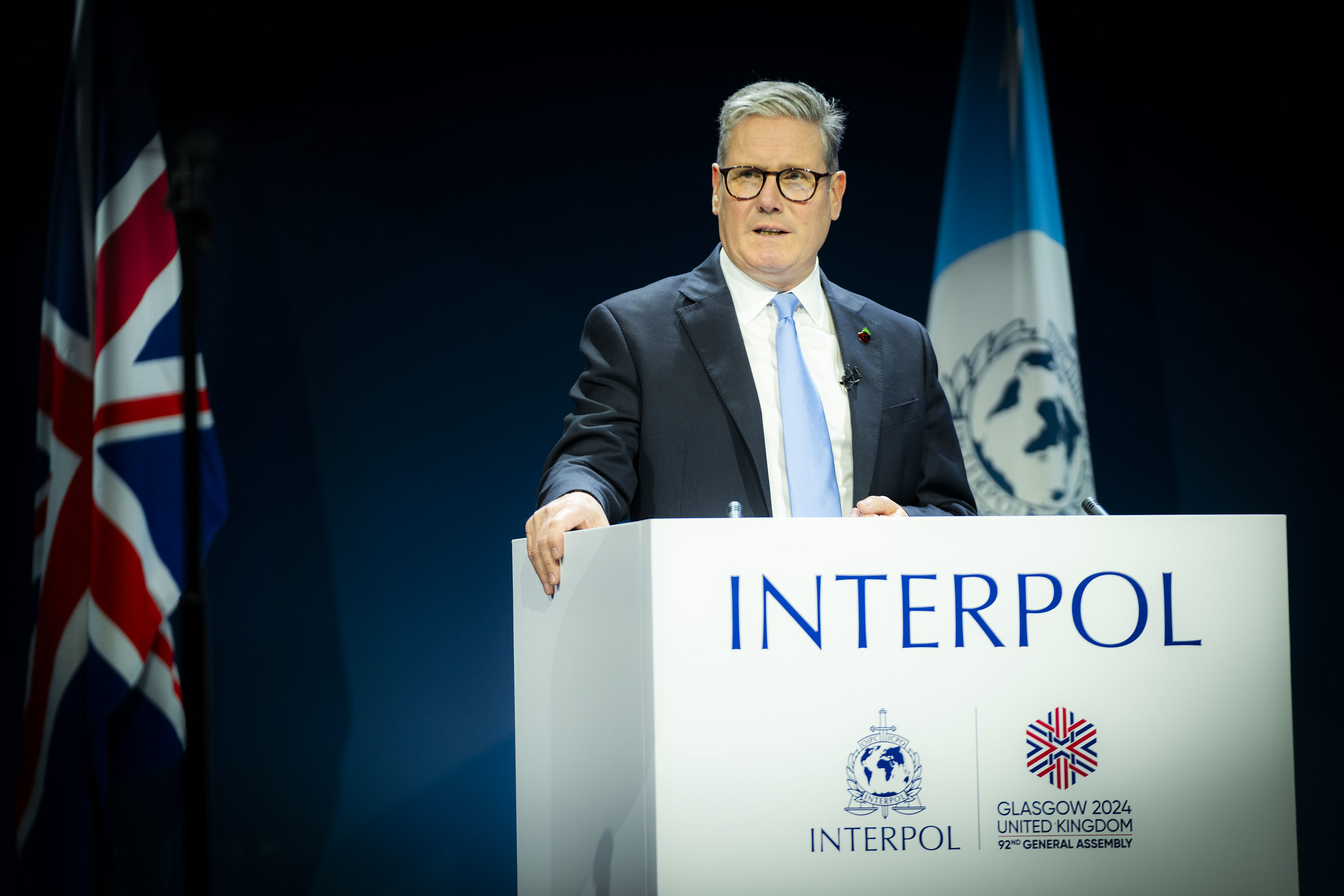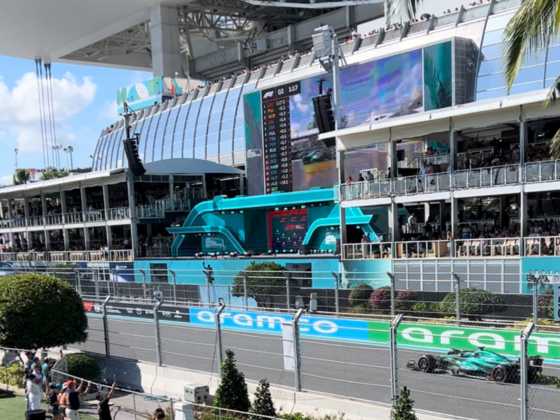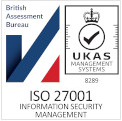The brief
When the Pontiff is visiting, security gets serious. So we were thrilled that the Department of Foreign Affairs and Trade in Ireland chose the Accredit platform to manage the accreditation and access for all media and volunteers at Knock Shrine, Phoenix Park and Croke Park when Pope Francis visited the country in August 2018.
The challenge
The first papal visit for close to 40 years, Pope Francis visited Ireland for two days in August 2018 to participate in the 9th World Meeting of Families. His schedule included a visit to Knock Shrine, a trip to Croke Park to preside over the ‘Festival of Families’ and attendance at Holy Mass in Phoenix Park to mark the end of event celebrations where he delivered a speech to the faithful.
His eagerly awaited visit saw 300,000 flock to Phoenix Park for Mass, and a crowd of 80,000 fill Dublins’ Croke Park Stadium for the Festival of Families, where world-renowned tenor Andrea Bocelli, country singer Nathan Carter and acclaimed Irish singer Daniel O’Donnell were among those who performed.
With Pope Francis attending three major events in just 36 hours, The Department of Foreign Affairs faced a major logistical exercise to welcome pilgrims arriving at the airport, organise crowds during events and help visitors get around multiple sites.
Welcoming hundreds of thousands of visitors, event organisers had legal obligations to prevent crime and disorder and provide a safe environment for both members of the public and the staff working there.
How Accredit helped
Volunteers
The DFAT enrolled 4,000 volunteers to assist with everything from translation, to hospitality, to crowd control and medical support.
Using the Accredit Platform each volunteer went through an accreditation process, either as an individual, or via a group organiser. The accreditation forms provided an extremely efficient and GDPR-compliant way to collect personal information and documents such as photo, passport or driver license details to verify identity.
The ‘group account’ functionality meant that separate accounts could be set up for organisers of large groups of volunteers. A single point of contact was assigned for each group, who then had the ability to import volunteer data, send invites, enter personnel information and control their own allocation of passes and zone restrictions. Administrators could allocate a set number of passes per group, and were able to monitor their usage in real time.
Names and access zone details were clearly displayed on accreditation passes, that were distributed via a central accreditation point in Dublin. Badges were checked at security checkpoints to ensure only the right people were in the right spaces at the right times. Restricted areas were kept secure and staff and volunteers enjoyed safe and efficient access to each venue.
Media
Intense media attention meant that hundreds of news outlets from around the world wanted access to these events to secure coverage.
The DFAT used the dedicated Accredit Media Portal to collect applications from members of the media wanting an accreditation pass to attend events.
Using a front-facing application system, members of the media were able to register and upload credentials through an easy-to-use online form. The communications team could then accept or reject applications, request more information, set access control and communicate via the system. Approved press were then issued with their own named and zoned badge, granting them access to specific areas of particular events.
This system kept all press pass applications and supporting documents secure in a single system, allowed users to track their application status and update media profiles if required.
Key points
The ‘group account’ functionality in the Accredit Platform meant that separate accounts could be set up for organisers of large groups of volunteers. A single point of contact was assigned for each group, who then had the ability to import volunteer data, send invites, enter personnel information and control their own allocation of passes and zone restrictions. Administrators could allocate a set number of passes per group, and were able to monitor their usage in real time.
Using a front-facing application system, members of the media were able to register and upload credentials through an easy-to-use online form. The communications team could accept or reject applications, request more information, set access control and communicate via the system. Approved press were then issued with their own named and zoned badge, granting them access to specific areas of particular events.






![EAS-Accredit-300dpi[22]](https://www.accredit-solutions.com/wp-content/uploads/2024/01/EAS-Accredit-300dpi22-300x156.png)

